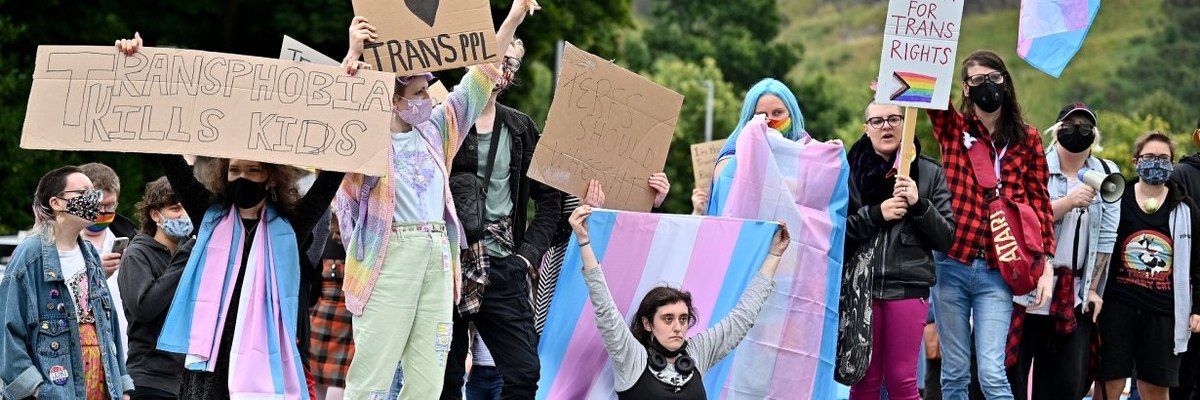After the government in Westminster promised to ban conversion therapy, where individuals seek to change someone’s sexual orientation or gender identity, in England and Wales, campaigners were angered by the watering-down of the proposed ban – excluding transgender people from the legislation.
Earlier this year, the Scottish Parliament concluded that current legislation does not go far enough, with MSPs saying that any change to the law must cover all attempts to change someone’s gender identity or sexual orientation.
YouGov polling shows majority support for banning conversion therapy for both sexual orientation and gender identity in Scotland. Two-thirds of Scottish people (65%) think conversion therapy to change someone’s sexual orientation should be banned, while 61% think conversion therapy to change someone’s gender identity should be banned. Just 15% think each practice should not be banned, with 20-23% unsure.
The UK government’s former LGBT adviser Iain Anderson, who resigned in protest at the government’s decision to exclude trans people from the legislation, has suggested that the government is treating trans people as a ‘wedge issue’. However, we previously reported that a majority of British people who currently intend to vote Conservative support a ban on conversion therapy for lesbian, gay and bisexual people and for trans people.
There is similarly high support in Scotland for those who voted Conservative in the 2019 general election, with 63% of Scottish Conservative voters who think conversion therapy for sexual orientation should be banned. For gender identity, the figure is 58%.
Labour and SNP voters are more in favour of a ban, with identical support levels across both parties. Seven in 10 (68%) Labour voters and SNP voters would support a ban for sexual orientation, and 66% for gender identity.
Across Britain, there is majority support for both bans in England (65% for sexual orientation, 62% for gender identity), although support is slightly lower in Wales (61% for sexual orientation, 57% for gender identity).








